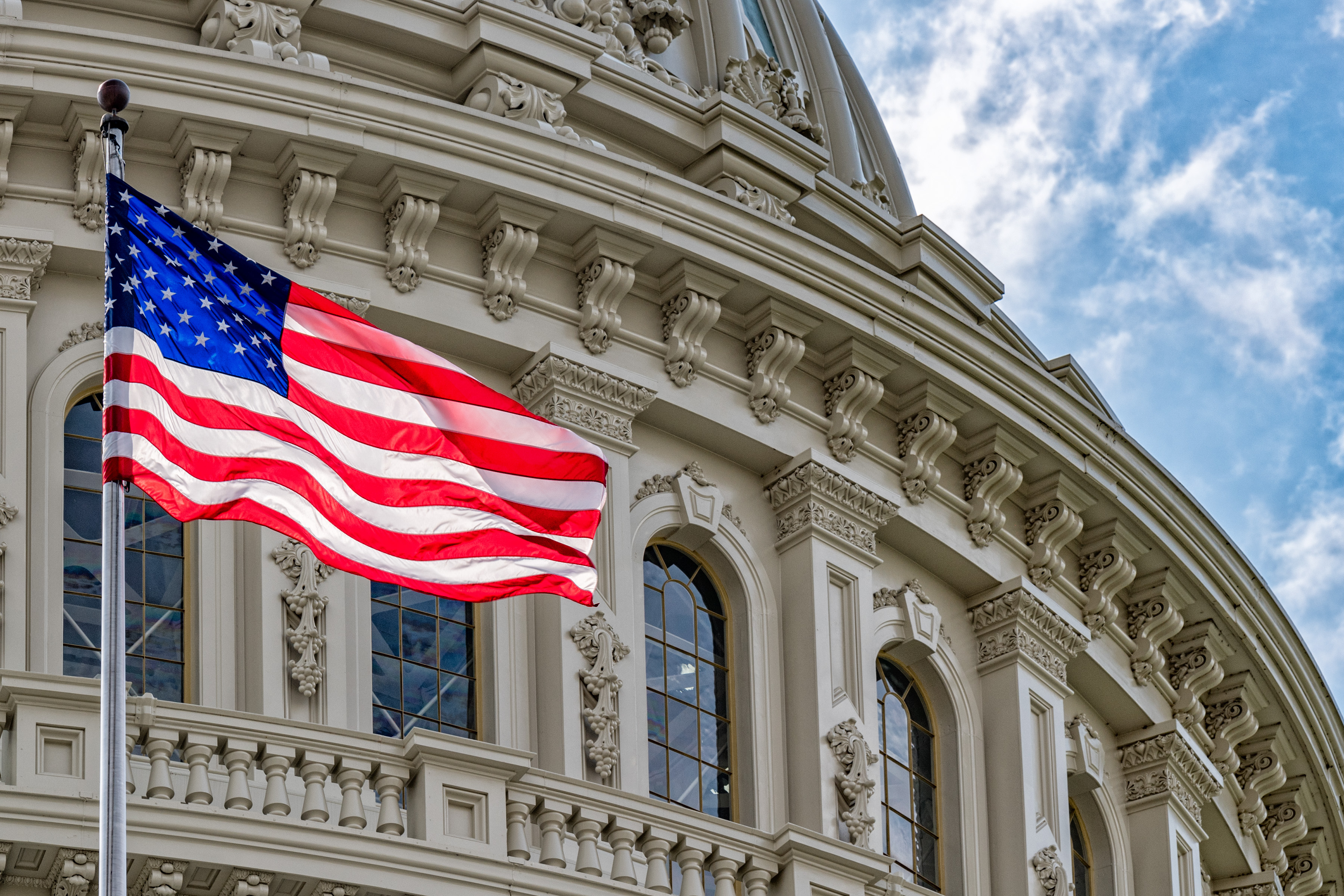
President Trump signs measure rescinding the financial consumer watchdog’s recent rule.
Arbitration is a form of dispute resolution in which parties agree to submit their disagreements to a private, third-party adjudicator. The Consumer Financial Protection Bureau’s (CFPB) arbitration rule, which the agency issued in July 2017, aimed to bar financial companies from inserting provisions into their contracts with consumers requiring those consumers to use arbitration—instead of participating in class action lawsuits—to resolve complaints.
Last week, President Donald Trump signed a resolution under the Congressional Review Act (CRA) repealing the CFPB’s arbitration rule. The Trump signature is the culmination of a process that began when—shortly after the CFPB issued the arbitration rule—the U.S. House of Representatives passed a resolution under the CRA disapproving of the rule. Then, in late October 2017, the U.S. Senate passed the same resolution of disapproval, with Vice President Mike Pence breaking a 50-50 tie.
Senator Elizabeth Warren (D-Mass.) supported the CFPB’s rule, arguing that the Republican-backed measure to repeal it under the CRA would “make it easier for financial institutions to cheat people.” But critics of the rule argued that “preserving mandatory arbitration clauses preserves business owners’ and consumers’ right to resolve disputes as they see fit.” The U.S. Chamber of Commerce called the CFPB’s rule “a prime example of an agency gone rogue.”
This series in The Regulatory Review features three essays debating the merits and drawbacks of the CFPB’s arbitration rule. The series begins with an essay by attorneys Alan S. Kaplinsky and Mark J. Levin arguing that the CFPB’s rule should be repealed, and is followed by two essays critiquing the repeal—one by Aaron Jordan, a fellow at the National Whistleblower Center, and another by Rutgers Law School professor David Noll.
The Regulatory Review is pleased to feature this series of essays debating the CFPB’s arbitration rule.
The CFPB’s Final Arbitration Rule Run Amok
September 11, 2017 | Alan S. Kaplinsky and Mark J. Levin, Ballard Spahr LLP
Unfortunately, the CFPB’s final arbitration rule promotes an untethered public policy favoring class action litigation that benefits only class action lawyers. Moreover, this is to the detriment of businesses and the very consumers that the CFPB was created to protect.
Repeal of Mandatory Arbitration Ban Is a Wall Street Giveaway
November 1, 2017 | Aaron Jordan, National Whistleblower Center
Although the Trump team and Wall Street lawyers succeeded in their efforts to persuade Congress to vote to erase the rule, the simple reality is that repeal of the CFPB rule was done for large financial institutions and will be to the detriment of ordinary consumers.
The Dangerous Consequences of Repealing the CFPB’s Arbitration Rule
November 6, 2017 | David Noll, Rutgers Law School
For consumers, the repeal marks the arrival of a new era of financial regulation defined by weaker protections against corporate fraud. With class actions off the table, customers cannot count on attorneys to police banks’ conduct on their behalf.



